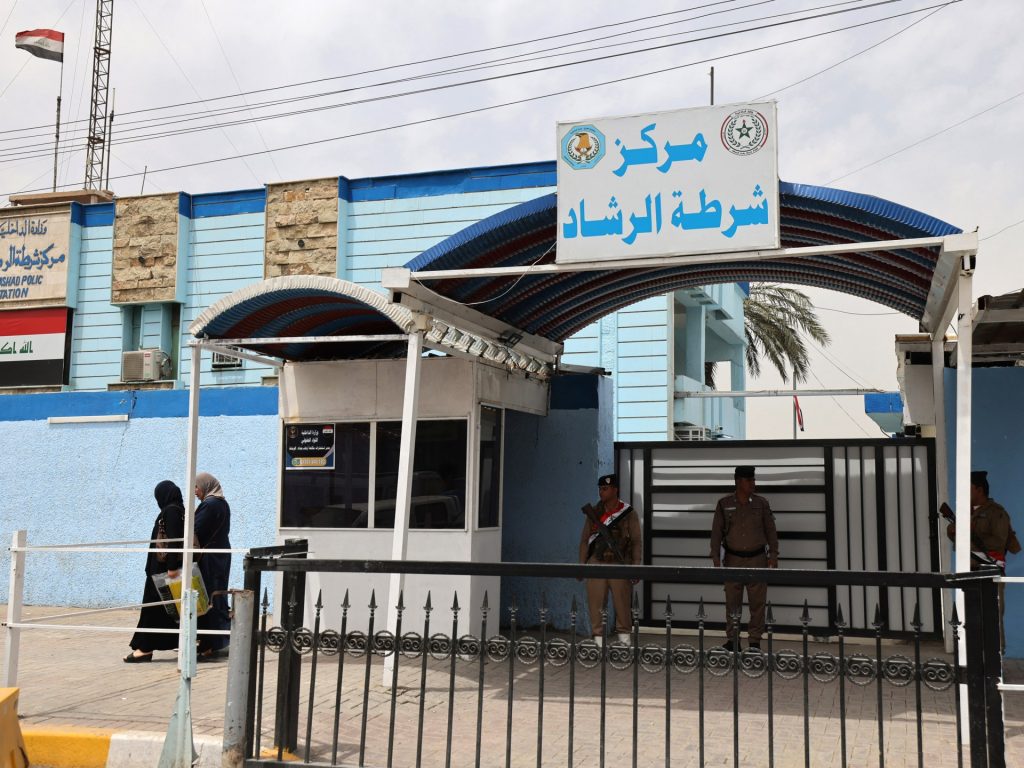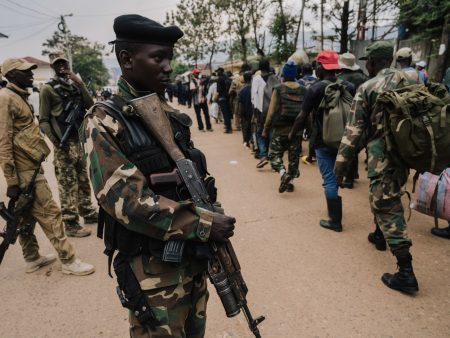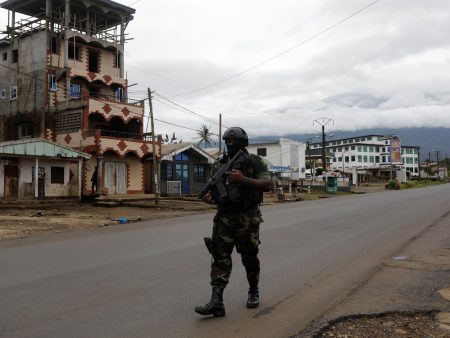Agnes’s story unveils a harrowing reality of modern-day slavery, masked as overseas employment opportunities. Lured by the promise of a better life, Agnes, a 27-year-old Nigerian domestic worker, found herself trapped in a web of exploitation in Basra, Iraq. Her ordeal began with rape at gunpoint by her employer, followed by a forced abortion and relentless abdominal pain. Abandoned and unpaid, she remains stranded in a hostel run by the very recruitment firm that facilitated her journey into this nightmare. Agnes’s case highlights the vulnerability of African women lured by unscrupulous agents who prey on their desperation for economic advancement. These agents paint rosy pictures of lucrative jobs abroad, collecting fees and then handing the women over to Iraqi firms for a commission. The reality, however, is far removed from the promised dream.
Once in Iraq, these women, often referred to as “shagalas,” are bound by exploitative contracts, forced to work grueling hours for meager wages, and subjected to inhumane treatment. Agnes’s experience is not an isolated incident. Numerous other women have shared similar stories of abuse, torture, and even death, although these claims remain unverified. These women are often from rural communities, unaware of the dangers they face in post-war Iraq. Their lack of knowledge about their rights and the realities of their destination makes them easy targets for exploitation. The system thrives on their vulnerability and ignorance, turning their hopes for a better future into a desperate struggle for survival.
This exploitative network operates transnationally, involving local agents in Nigeria and recruitment firms in Iraq. The agents, often acquaintances of the victims, collect fees and facilitate travel arrangements under false pretenses. Upon arrival in Iraq, the women are assigned to families or establishments like spas, where they are subjected to excessive working hours, inadequate living conditions, and various forms of abuse, including physical violence and sexual assault. The system operates with impunity, highlighting the lack of effective regulation and oversight. The women are often isolated, with their passports confiscated and communication restricted, further increasing their vulnerability.
The dire economic situation in Nigeria fuels the exodus of its citizens seeking better opportunities abroad. Soaring inflation and widespread unemployment drive individuals like Agnes to risk everything for a chance at a better life. This desperation makes them susceptible to the deceptive tactics of recruitment agents who exploit their desire for economic advancement. Agnes’s case mirrors a broader trend of economic migration, where individuals are driven to leave their homes in search of better prospects, only to find themselves trapped in exploitative situations.
The case of Eniola, another Nigerian woman who escaped after enduring a year of torture and abuse in Baghdad, further underscores the prevalence of this exploitative system. Eniola’s story demonstrates the brutality faced by these women and their resilience in the face of adversity. Her escape, aided by compassionate locals, led to the involvement of Iraqi authorities. While the investigation and subsequent court appearance resulted in Eniola receiving her unpaid wages, it also highlights the challenges in holding perpetrators accountable and ensuring justice for victims. The fact that Eniola chose not to press charges speaks to the complexities of these cases, where fear, lack of support, and the desire to simply return home often outweigh the pursuit of legal recourse.
The Nigerian government’s role in this crisis is under scrutiny. Activists criticize the lack of regulation and oversight in the recruitment industry, alleging complicity of some immigration officials in accepting bribes and turning a blind eye to the exploitation. The absence of a robust system to track and protect these women abroad further exacerbates their vulnerability. While agencies like NAPTIP are investigating cases like Agnes’s and Eniola’s, the lack of a Nigerian embassy in Iraq complicates repatriation efforts. The ongoing exploitation highlights the urgent need for stricter regulations, increased monitoring, and effective collaboration between Nigerian and Iraqi authorities to dismantle this network of modern-day slavery.










